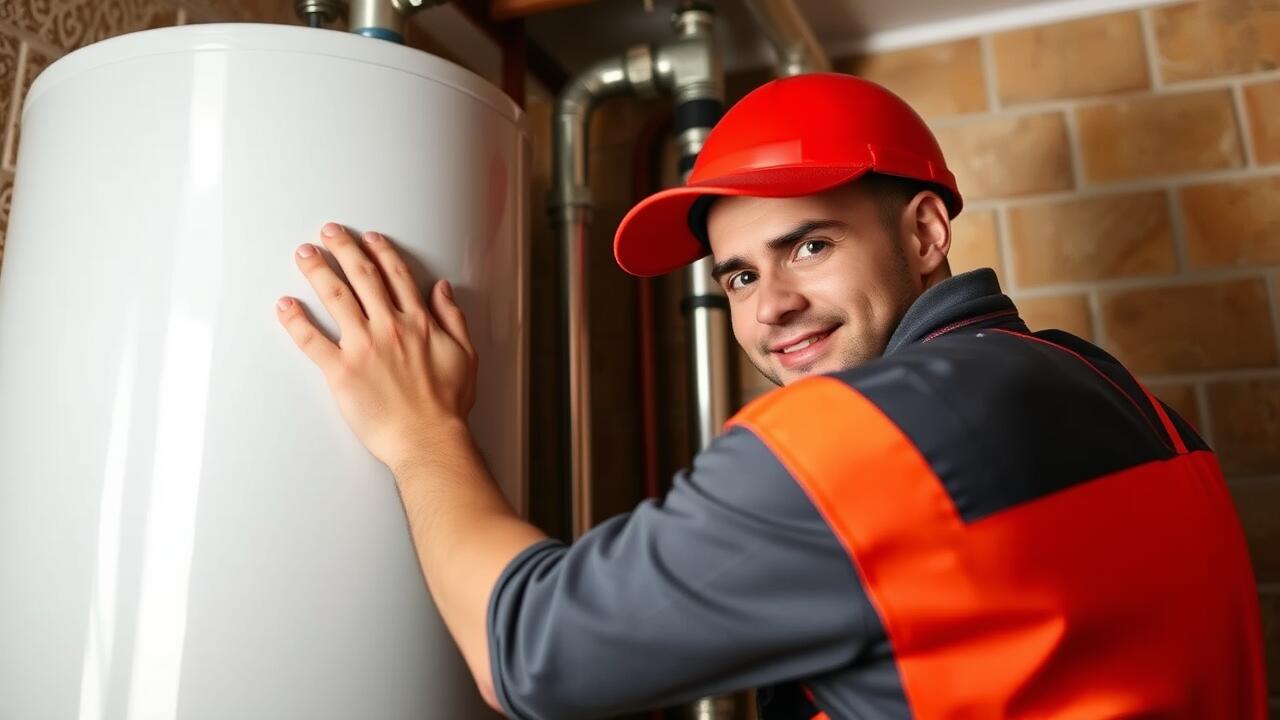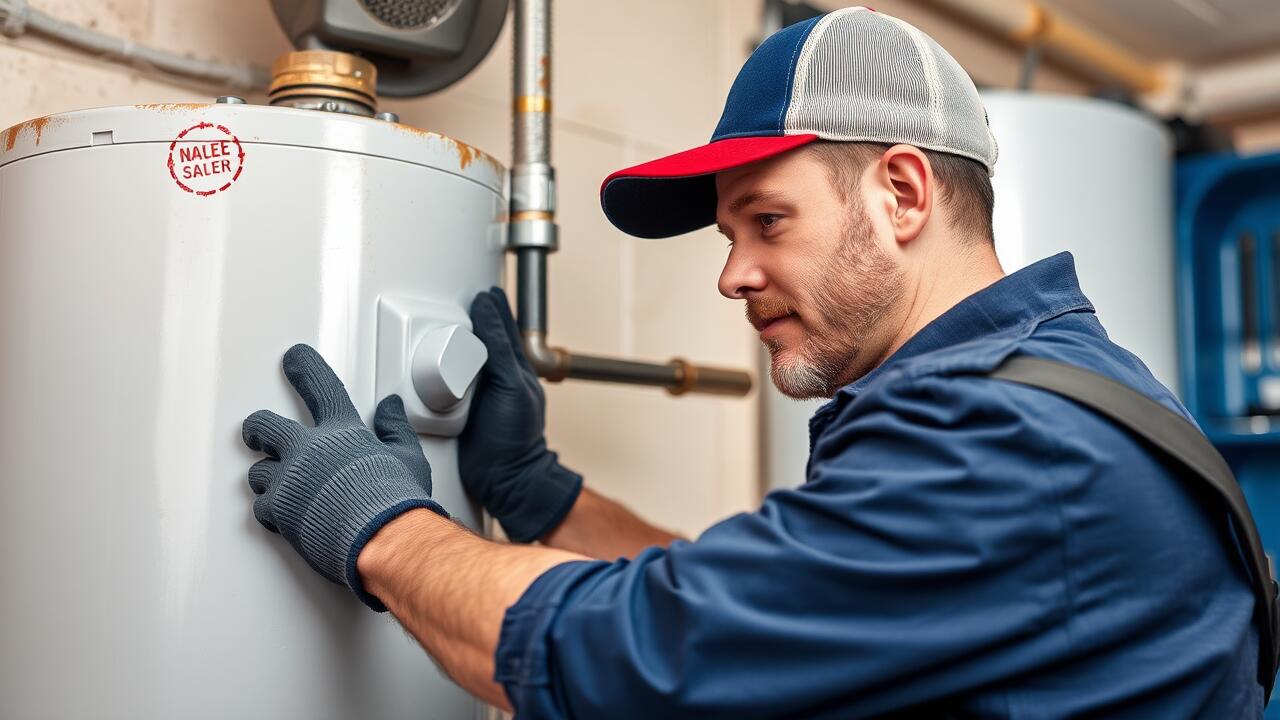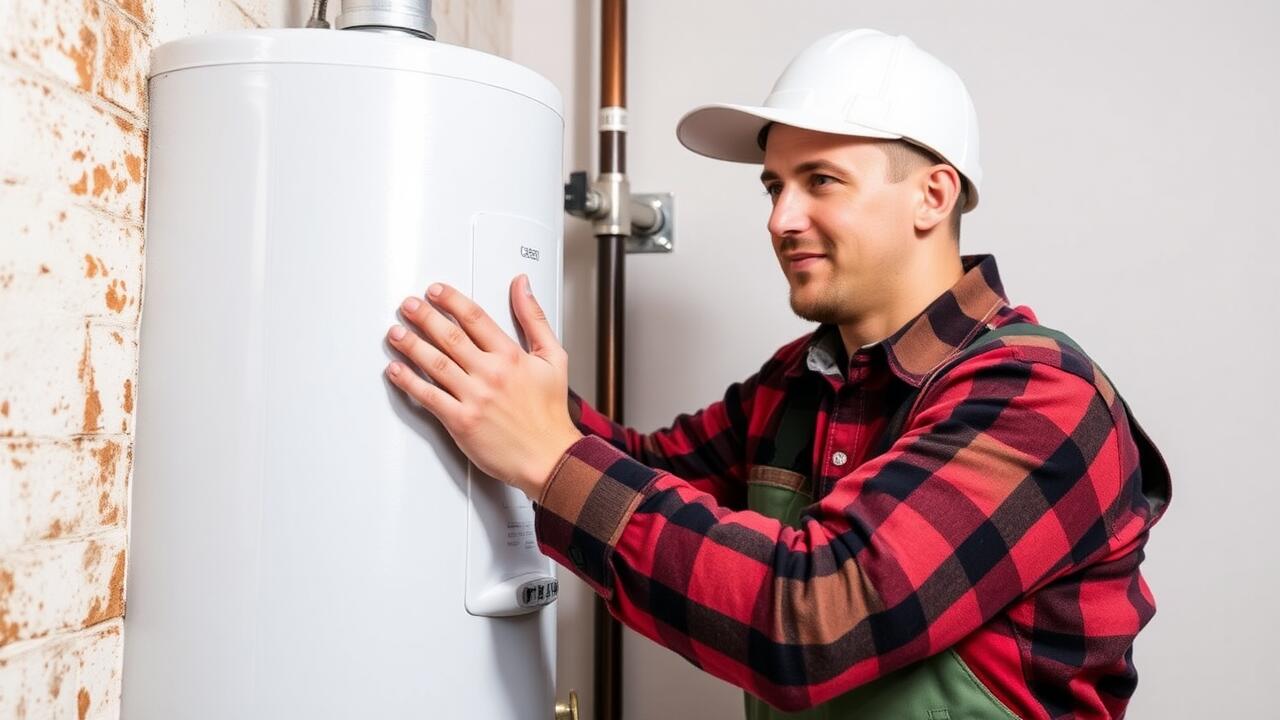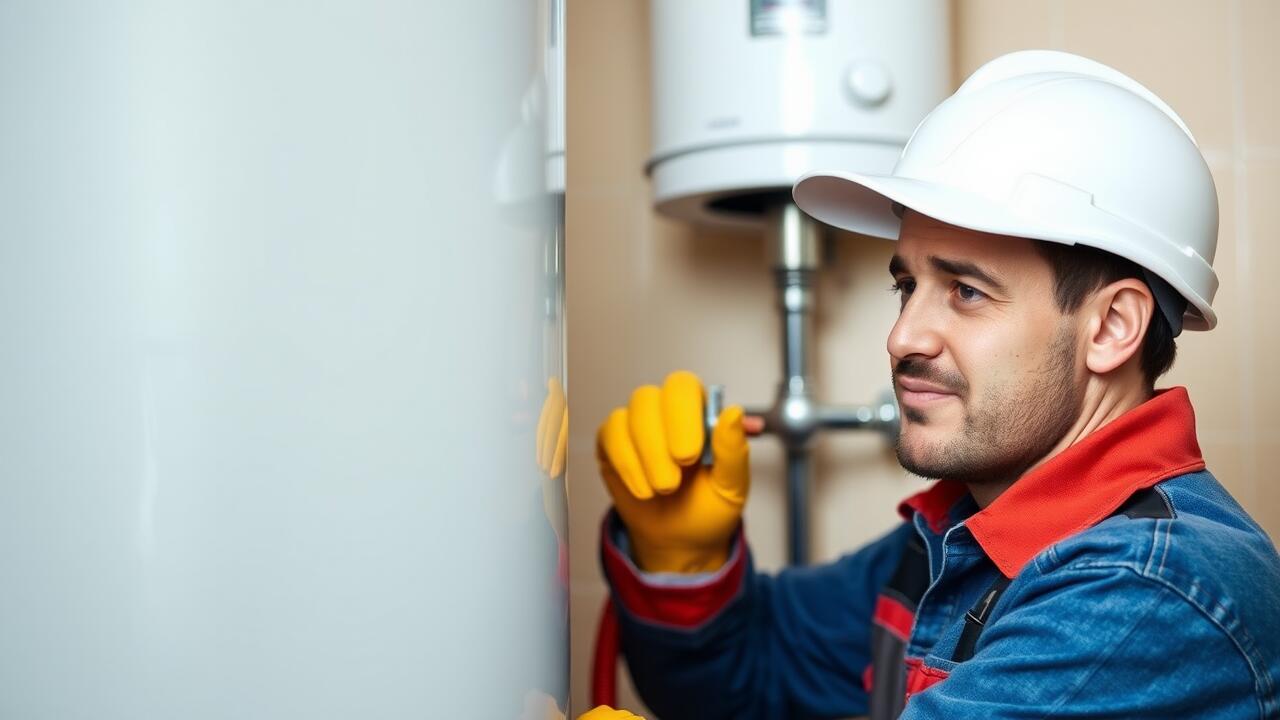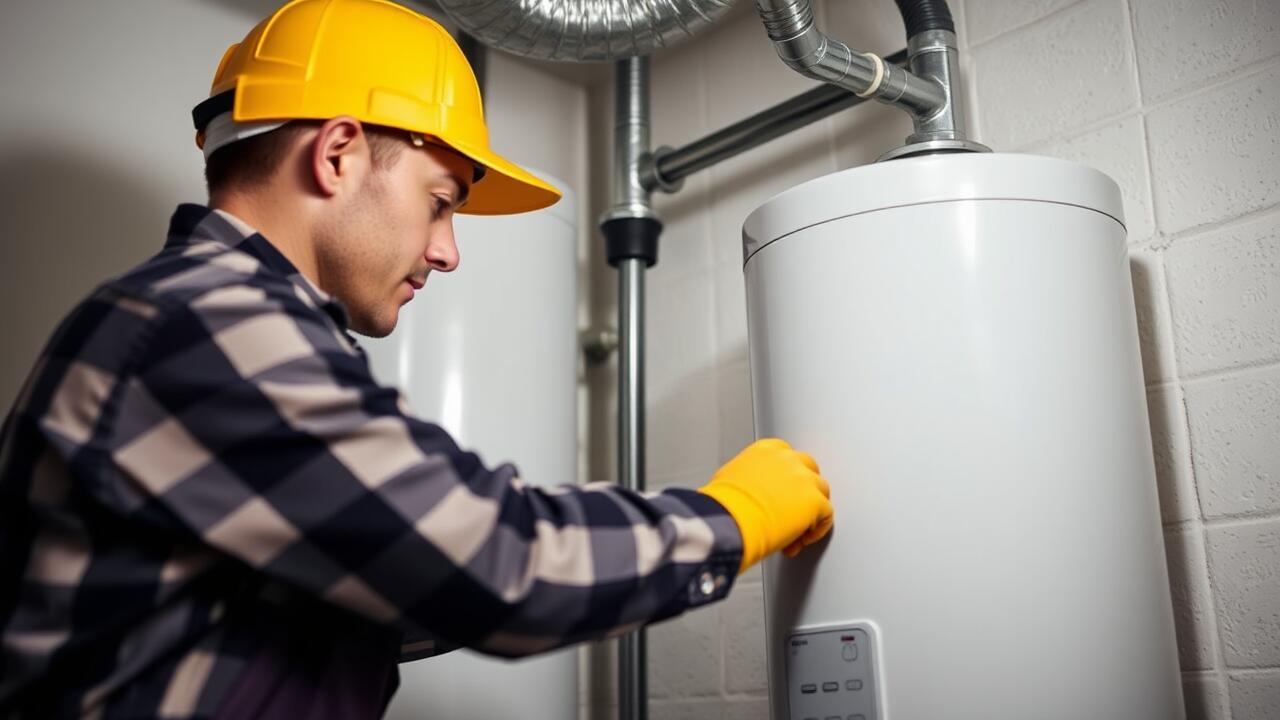
Permits and Regulations
When replacing a water heater, homeowners often overlook the necessity of securing the proper permits. Local regulations dictate that specific permits must be obtained prior to installation, ensuring compliance with safety and building codes. In cities like Los Angeles, the costs associated with these permits can add up quickly. Navigating through municipal requirements can also require time and effort, further increasing the overall expense of the project.
Moreover, failure to adhere to local codes can lead to expensive fines and complications down the line. Hiring professionals who are familiar with the regulations can mitigate these risks but may also contribute to higher upfront costs. For residents in areas such as Los Angeles, consulting experts in Los Angeles Water heater repair can ensure a smoother process while aligning with local regulations to avoid unnecessary setbacks.
Local Codes Impacting Costs
Local building codes play a significant role in determining the cost of water heater replacement. These codes outline strict regulations regarding materials, installation practices, and energy efficiency standards. Homeowners may need to invest in specific products that comply with the latest requirements, which can lead to higher upfront costs. In areas like Los Angeles, where regulations are particularly stringent, ensuring compliance can also extend the installation timeline as professionals navigate the necessary permits.
Moreover, local codes may require additional features that increase both the complexity and cost of the installation. For instance, certain jurisdictions mandate earthquake straps or specific venting systems to enhance safety and energy efficiency. Homeowners seeking Los Angeles water heater repair should be aware that failing to adhere to these codes not only elevates costs but could also lead to fines or the need for additional modifications later on.
Drainage and Plumbing Considerations
When considering a water heater replacement, drainage and plumbing configurations play a significant role in determining overall costs. Proper drainage is crucial to ensure that any leaks or excess water from the unit can be effectively managed. If the existing plumbing does not align with the new water heater, additional modifications may be necessary. This can involve rerouting pipes or adapting drainage systems, leading to increased labor and material expenses.
Old water heater removal can complicate the situation further. Removing the existing unit might require addressing any outdated plumbing issues that could impact the installation of a new system. To avoid future complications, it's essential to evaluate how the new water heater will connect to existing pipes and drainage systems. Residents in the area often seek Los Angeles water heater repair services not just for issues with malfunctioning units, but to ensure that their plumbing systems are up to code and compatible with new installations.
Existing System Compatibility
When considering a water heater replacement, it’s essential to evaluate the compatibility of the new unit with the existing plumbing and electrical systems. Different models may have specific installation requirements, such as varied electrical capacities or variations in venting systems. Ensuring these systems align with local code and the new unit's specifications will dictate additional costs and labor associated with the installation process. Neglecting to account for these compatibilities can lead to unforeseen complications.
In cases where the new water heater does not align directly with the peripherals of the existing setup, modifications may be required. This may involve altering plumbing lines, adjusting gas lines, or updating electrical connections. If the current system has limited capacity or structural concerns, it may prompt further expenditure. Homeowners in need of assistance can benefit from engaging professionals specializing in Los Angeles water heater repair, who can guide them through the nuances of their particular configurations and system requirements.
Old Water Heater Removal
Removing an old water heater is often a more complicated process than homeowners anticipate. The size and weight of the unit can present logistical challenges. Tight spaces and existing plumbing configurations may require special equipment or tools. Professionals may need to navigate through narrow doorways or tight crawl spaces, adding to labor costs. Proper disconnection of gas or electrical lines must also be handled with care to ensure safety.
Disposal fees can further increase the overall expense of replacement. Many municipalities require special handling for old water heaters, often classifying them as hazardous waste due to potential leaks or contained materials. Proper disposal methods must be observed to comply with local regulations. Homeowners may choose to rely on services such as Los Angeles water heater repair to manage both removal and disposal effectively, ensuring that everything is handled safely and legally.
Disposal Fees
When replacing a water heater, disposal fees often come into play. These charges can vary significantly depending on local regulations and the contractor involved. Some companies may include disposal in their overall service fee, while others might list it separately. Homeowners should inquire about these costs upfront to avoid surprises on the final bill.
In Los Angeles, for example, specific regulations dictate how old water heaters must be disposed of. Many contractors follow environmentally friendly practices by recycling parts of the unit, but this process may incur additional fees. Understanding the implications of these charges is essential, especially for those considering Los Angeles water heater repair.
FAQS
Why do permits and regulations affect the cost of water heater replacement?
Permits and regulations can significantly impact the cost because they often require homeowners to pay fees and adhere to specific local building codes. This may necessitate additional inspections and paperwork, increasing the overall expense of the replacement process.
How do local codes influence the price of a new water heater?
Local codes can dictate the type of water heater that can be installed, including efficiency ratings and safety standards. Compliance with these codes may result in higher installation costs, especially if specialized equipment or modifications are needed.
What plumbing considerations should I keep in mind that could affect the replacement cost?
Drainage and plumbing considerations include the need for modifications to existing plumbing or drainage systems to accommodate the new water heater. If your current setup is incompatible, additional plumbing work may be required, increasing the total cost.
Why is the removal of an old water heater included in the replacement cost?
The removal of an old water heater involves labor and potentially complex disconnection from water and gas lines. This process can be time-consuming and may also require specialized tools, contributing to the overall expense.
What are disposal fees, and why do they matter when replacing a water heater?
Disposal fees are charges associated with the proper disposal of the old water heater, including recycling or landfill costs. These fees can vary based on local regulations and the type of water heater being replaced, affecting the total cost of replacement.
